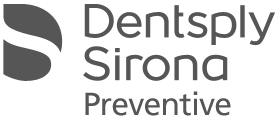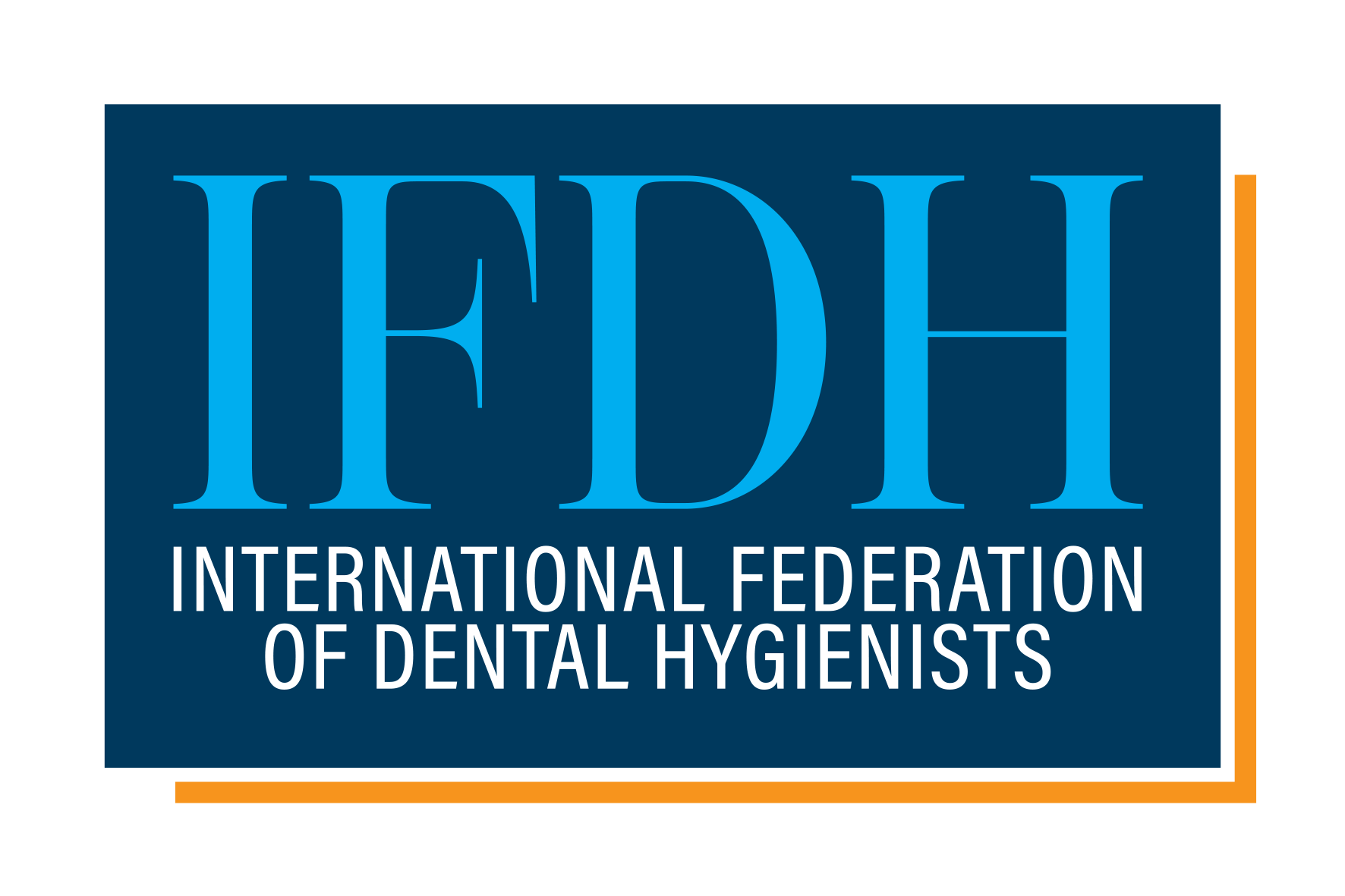IFDH Research Grant Program 2016
The purpose of this program is to promote experience in the research process and dissemination of findings contributing to the dental hygiene body of knowledge.
This grant program will provide small grants for students enrolled in dental hygiene graduate programs conducting thesis research. Students will submit a mini-proposal for consideration. Small grants will be provided (maximum up to $2000) and projects may not be fully funded. Applications are accepted on a rolling basis until all funds are granted.

2016 Awardees:

Tiffany Lund
photo Tiffany Lund Idaho State University Kimberly, Idaho
Idaho Dentists' Knowledge, Attitudes and Practices of Existing and Emerging Models of Dental Hygiene Care.
Across the nation, dental hygiene workforce models are in the process of being closely examined by both oral health professionals and stakeholders. Access to effective oral health care in the state of Idaho remains a significant public health issue. A thorough examination of the potential oral health impact of workforce models and the perspectives of dentists, as key decisions makers, is important to this process. Findings revealed that dentists respondents had limited knowledge and experience in this area yet hold regulatory authority.Their perceptions may be impacting the ability of dental hygienists to improve the oral health of the public. Lack of knowledge and the attitudes of dental professionals negatively impact the ability of the dental hygiene profession to realize its goals and potential.

Magandhree Naidoo
University of KwaZulu Natal South Africa
Model of Care to Assist in Oral Health Interventions for Children with Autism Spectrum Disorder in Kwazulu-Natal.
Dental care has been acknowledged as one of the leading unmet health care need among children with autism spectrum disorder (ASD). Individuals with ASD have distinctive characteristics and behaviors that impact on their oral care, thereby creating challenges for parents, caregivers and dental professionals. The communication impairment frequently noted in this population has impacted oral care at home, school and the dental office.Transparent pictorial cues in the form of a dental communication board will be beneficial for facilitating a dental visit for this population. This study will include an initial epidemiological phase to investigate the oral health status of children with ASD in KZN. The second phase will be presentations with various dental professionals, special needs teachers and parents to compile a list of child friendly dental vocabulary. This will be followed by a focus group to select and categorize the vocabulary, which will be used to construct the communication board using the Mayer-Johnson Boardmaker software.The participating dental professionals will be trained on how to use this board in a clinic setting. The last phase will involve the testing of the board in the clinic.
Previous Winners
Menu





